12 Surprising Foods Packed With More Protein Than You Realize
In the vast realm of nutrition, protein often takes center stage as a vital macronutrient essential for building and repairing tissues, producing enzymes, and supporting immune function. Traditionally, when one thinks of protein sources, images of chicken breasts, steaks, and eggs might immediately spring to mind. However, the world of nutrition is vast and full of surprises. This article aims to unravel the mysteries of unexpected foods that are brimming with protein, challenging preconceived notions and expanding culinary horizons. As we embark on this journey, prepare to have your understanding of dietary potency redefined. From the depths of the ocean to the humble garden plot, these 12 surprising protein-packed foods promise not only to diversify your diet but also to elevate your nutritional intake. Let's dive in and explore these hidden gems that hold the potential to transform the way we perceive protein sources.
1. Greek Yogurt (24 g protein / cup)
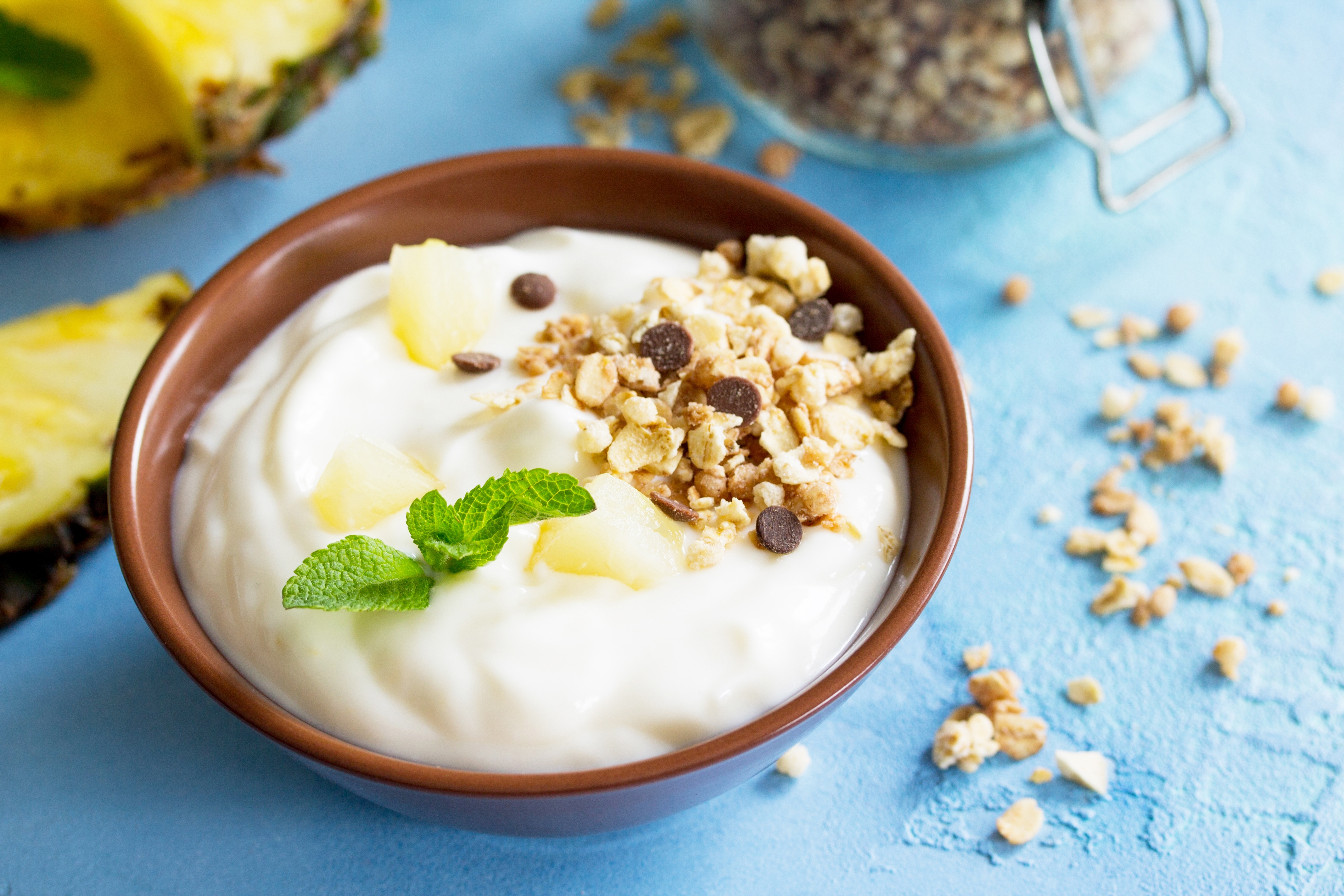
Greek yogurt stands out in the dairy aisle not just for its thick, creamy texture but also for its significantly higher protein content compared to regular yogurt. This is achieved through a straining process that removes excess whey, resulting in a denser product packed with protein – often containing 15-20 grams per single serving cup (around 6-7 ounces). As a complete protein, it provides all the essential amino acids your body needs for muscle repair and building. Beyond its impressive protein profile, Greek yogurt is a great source of calcium and often contains beneficial probiotics that support gut health. Its versatility is a major plus; enjoy it plain, mixed with fruit and granola, blended into smoothies, or even used as a healthier substitute for sour cream or mayonnaise in savory dishes, making it an easy and delicious way to boost your daily protein intake.
2. Quinoa (8 g protein / ounce)
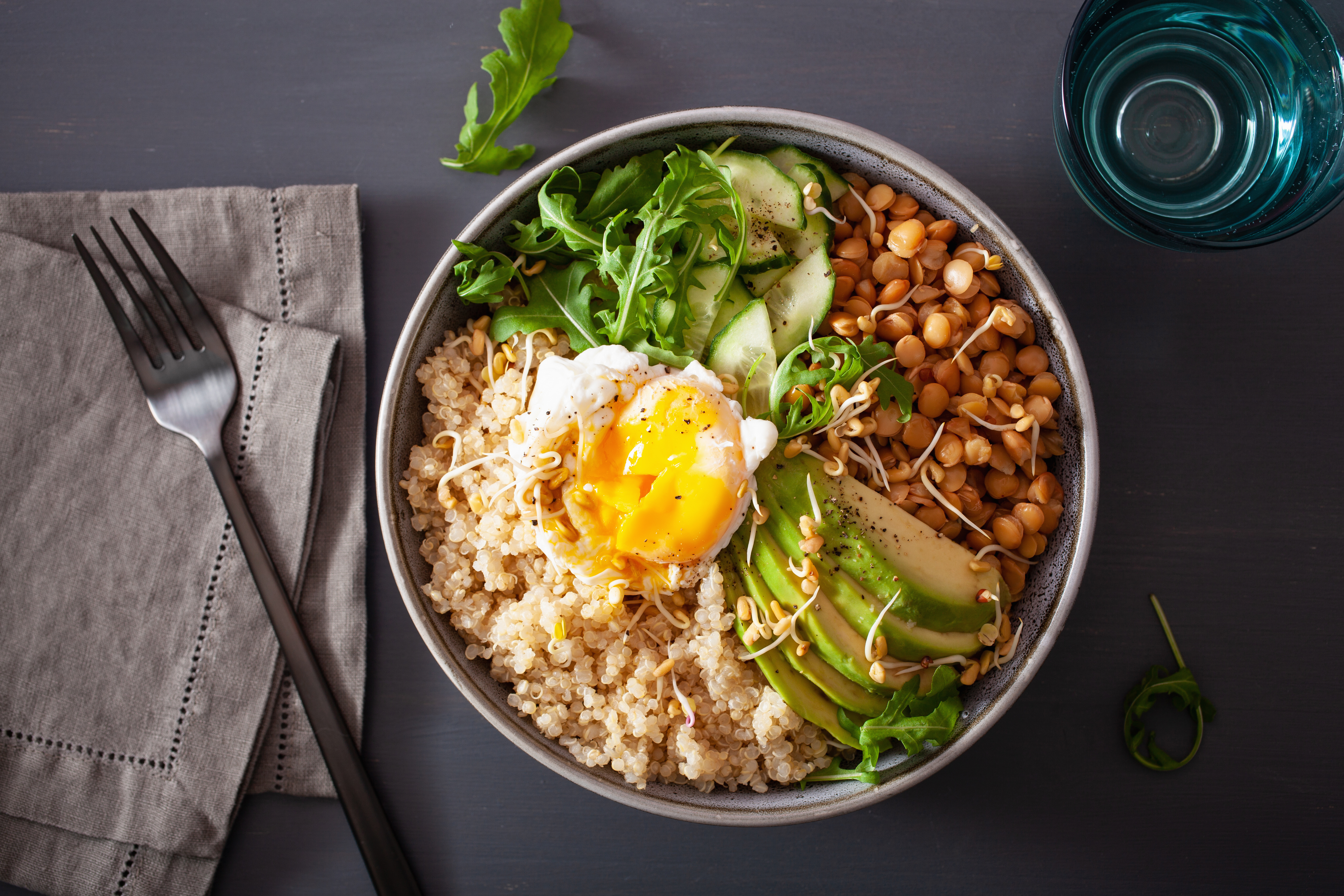
Quinoa, often mistaken for a grain, is actually a seed that has been cultivated for thousands of years in the Andean region of South America. Revered by the Incas as the "mother of all grains," quinoa is celebrated for its impressive nutritional profile, particularly its protein content. Unlike most plant-based foods, quinoa is a complete protein, containing all nine essential amino acids. With approximately 8 grams of protein per cooked cup, quinoa serves as an excellent alternative to traditional grains like rice and wheat. Its versatility in the kitchen is unmatched, lending itself to a variety of dishes, from salads and soups to breakfast bowls and desserts. Beyond protein, quinoa is rich in fiber, magnesium, iron, and antioxidants, making it a well-rounded addition to any diet. As more individuals seek plant-based protein sources, quinoa continues to gain popularity, bridging the gap between ancient nutrition and contemporary dietary needs.
3. Edamame (17 g protein / cup)
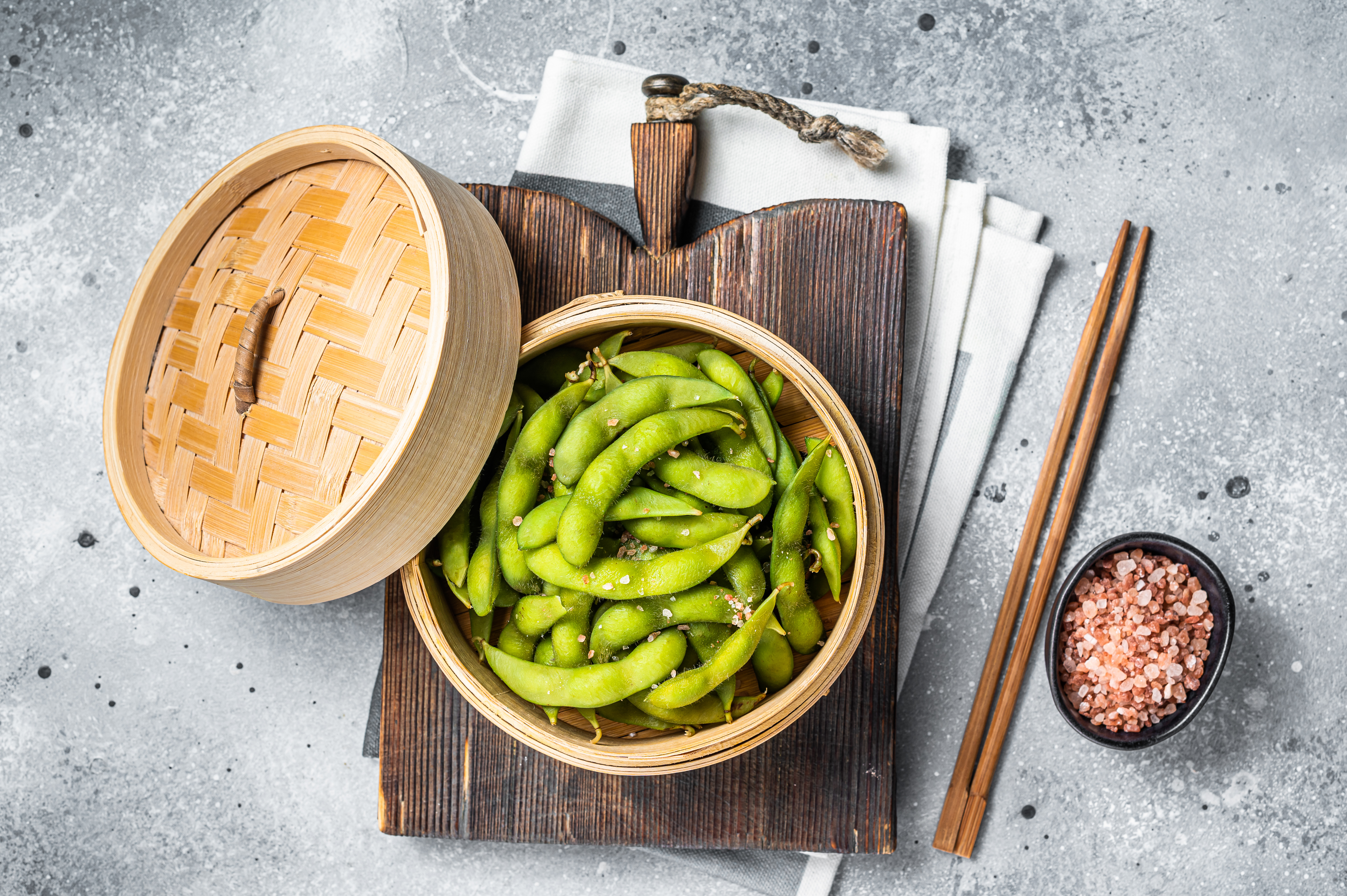
Edamame, young soybeans still in their pods, are a staple in Asian cuisine and a delightful snack that packs a protein punch. A single cup of cooked edamame contains approximately 17 grams of protein, making it an excellent choice for those seeking plant-based protein options. Rich in essential amino acids, edamame provides a complete protein profile, supporting muscle growth and repair. Beyond protein, edamame is a good source of fiber, vitamins, and minerals, including folate, vitamin K, and manganese. Its high antioxidant content also contributes to its health benefits, potentially reducing the risk of chronic diseases. Edamame's versatility extends beyond snacking; it can be incorporated into salads, stir-fries, and even blended into dips and spreads. As more people embrace plant-based diets, edamame stands out as a delicious and nutritious option that satisfies both taste and nutritional needs.
4. Chia Seeds (4 g protein / ounce)
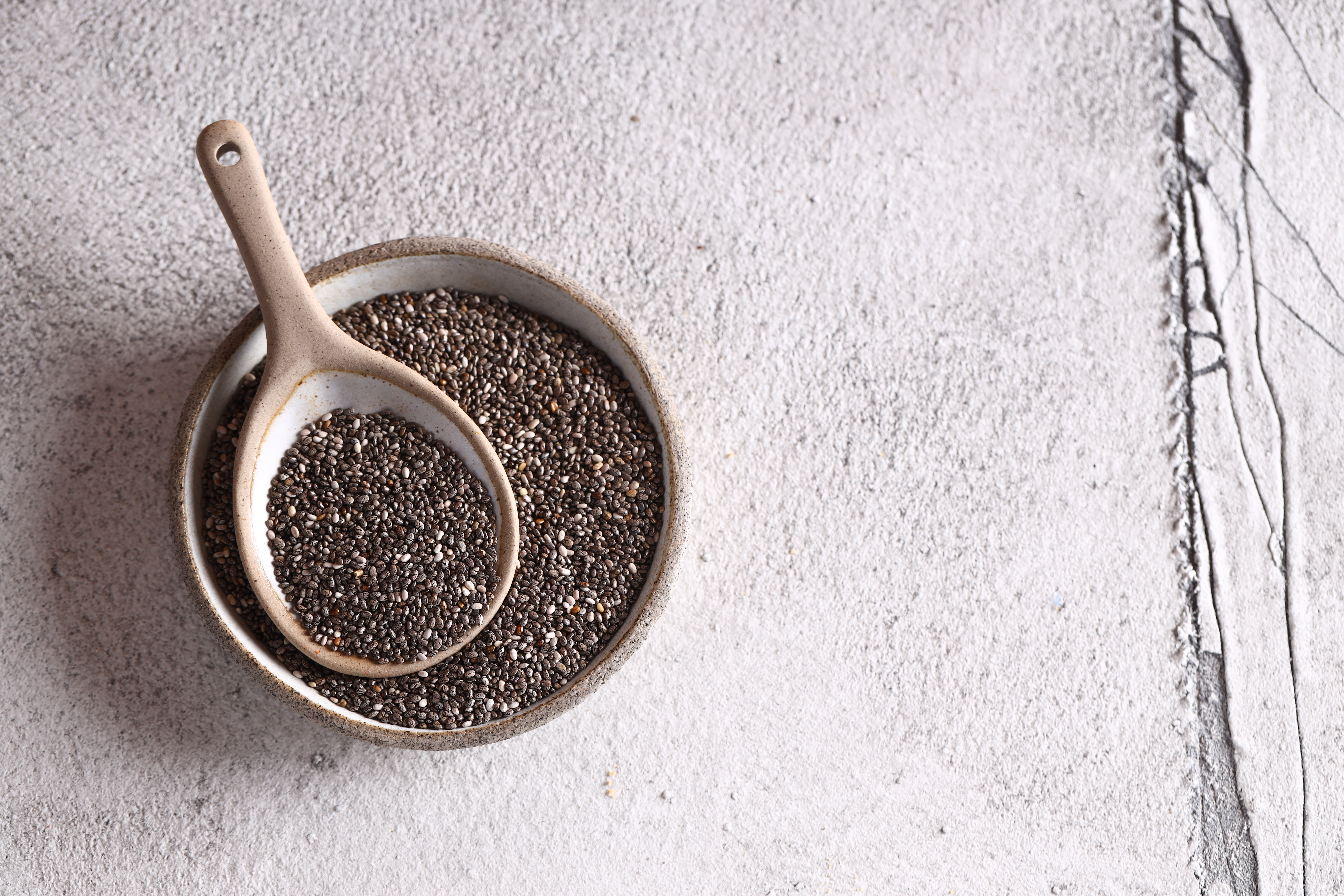
Chia seeds, once a staple in ancient Aztec and Mayan diets, have gained modern recognition as a superfood, thanks in part to their impressive protein content. These tiny seeds contain about 4 grams of protein per ounce, making them an excellent addition to any protein-rich diet. Chia seeds are also a complete protein source, providing all nine essential amino acids necessary for optimal health. Beyond protein, chia seeds are packed with fiber, omega-3 fatty acids, and various micronutrients, including calcium, phosphorus, and magnesium. Their unique ability to absorb liquid and form a gel-like consistency makes them a versatile ingredient in a variety of dishes, from smoothies and puddings to baked goods and energy bars. Incorporating chia seeds into your diet is a simple yet effective way to boost protein intake while enjoying the numerous health benefits they offer.
5. Lentils (18 g protein / cup)
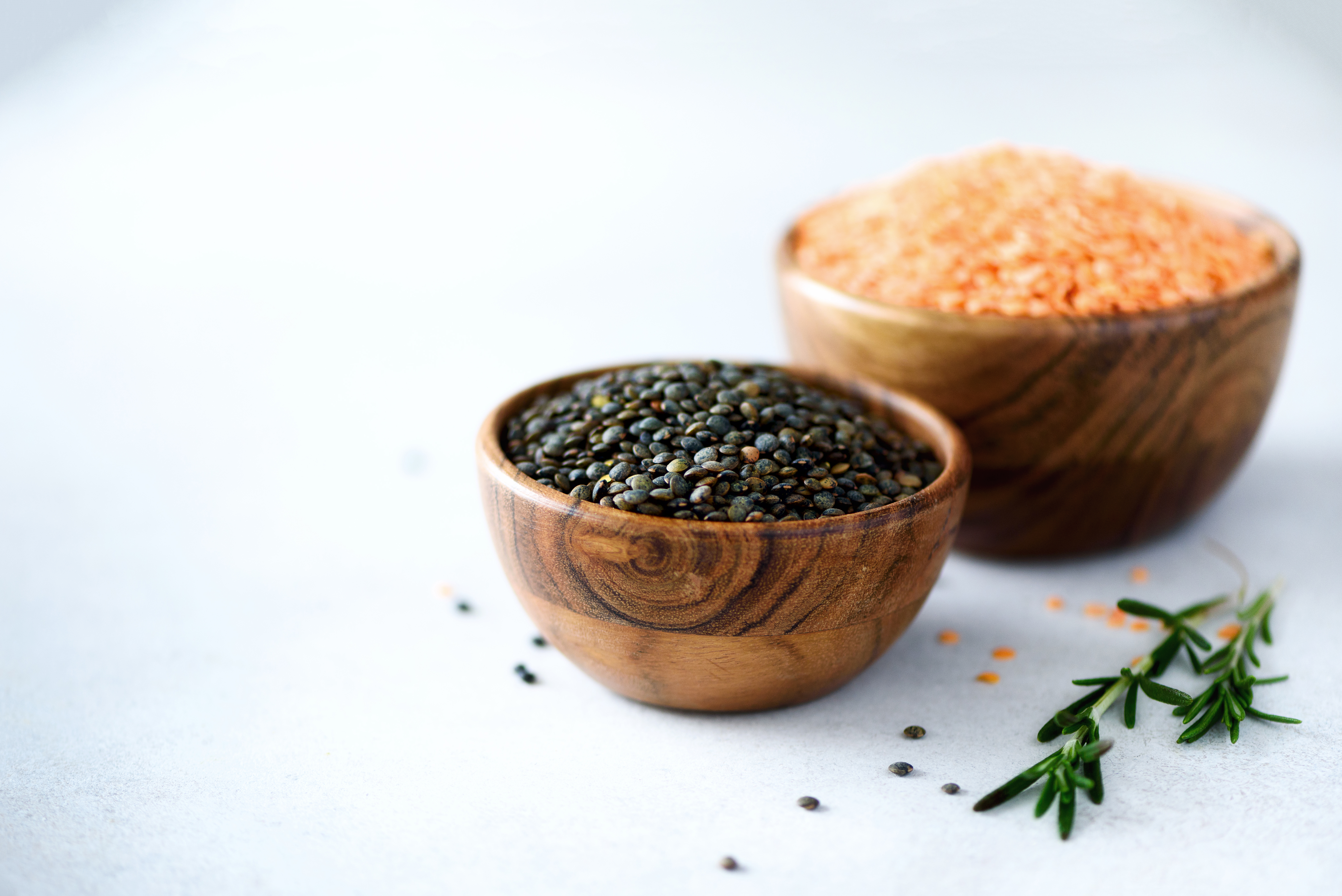
Lentils, a type of legume, have long been a dietary staple in many cultures around the world, celebrated for their affordability, versatility, and nutritional value. With approximately 18 grams of protein per cooked cup, lentils are a powerhouse of plant-based protein, making them an excellent choice for vegetarians and vegans. In addition to their protein content, lentils are rich in fiber, iron, and folate, contributing to heart health and overall well-being. Their low glycemic index also makes them a suitable option for those managing blood sugar levels. Lentils come in various colors and sizes, each with a unique flavor and texture, allowing for a diverse range of culinary applications. From soups and stews to salads and curries, lentils provide a hearty and nutritious foundation for countless dishes. As more people seek sustainable and protein-rich food options, lentils continue to shine as a versatile and nutrient-dense choice.
6. Tempeh (5 g protein / ounce)
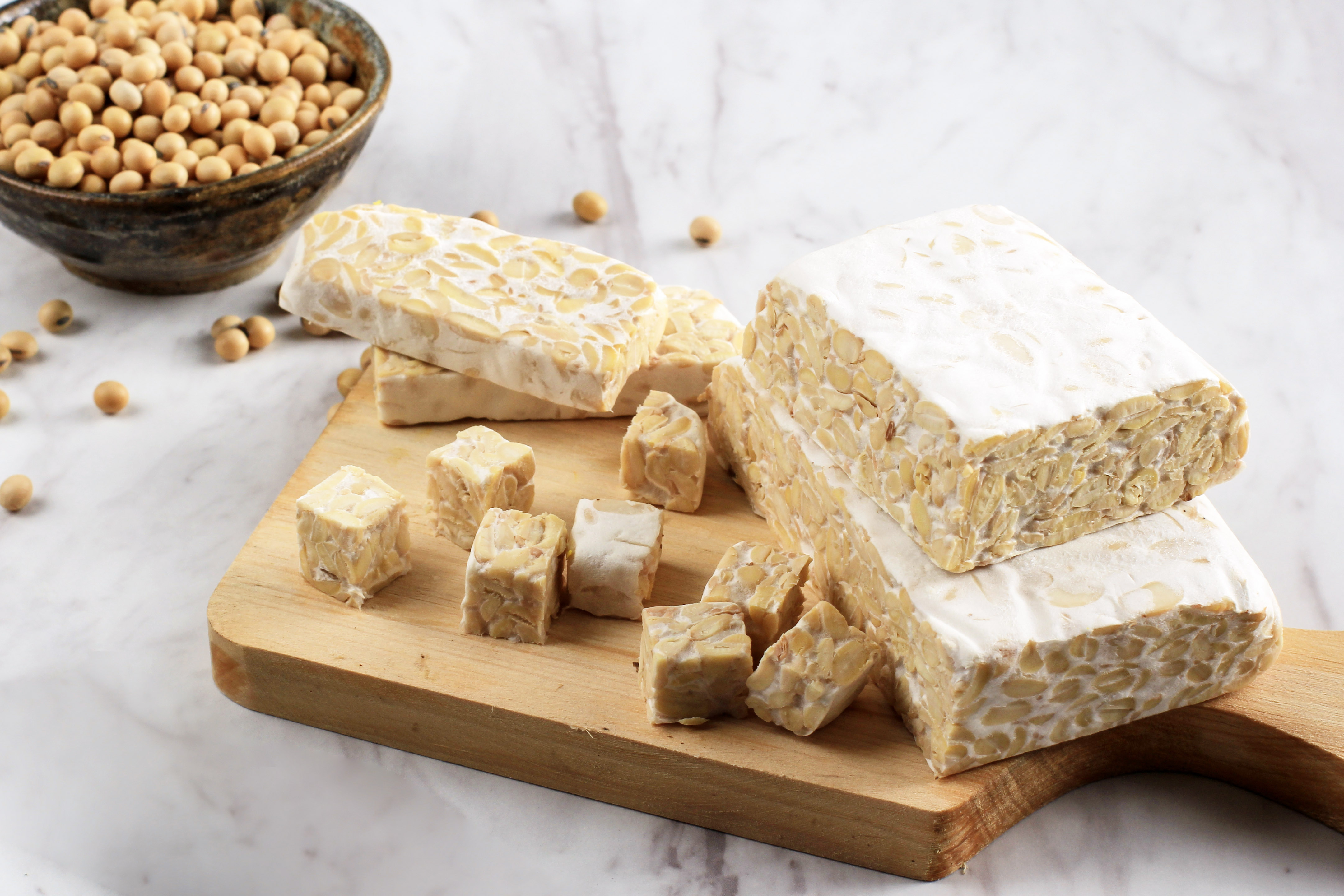
Tempeh, a traditional Indonesian food made from fermented soybeans, offers a unique and protein-rich alternative to meat. With approximately 15 grams of protein per 3-ounce serving, tempeh is a complete protein source, providing all essential amino acids. The fermentation process enhances its nutritional profile, increasing the bioavailability of nutrients and adding beneficial probiotics that support gut health. Tempeh's firm texture and nutty flavor make it a versatile ingredient in a variety of dishes, from stir-fries and sandwiches to salads and tacos. Its ability to absorb flavors and sauces makes it a favorite among chefs and home cooks alike. In addition to protein, tempeh is rich in fiber, vitamins, and minerals, including calcium, iron, and magnesium. As interest in plant-based diets continues to grow, tempeh stands out as a nutritious and delicious option that satisfies both protein needs and culinary creativity.
7. Hemp Seeds (3 g protein / tbsp)
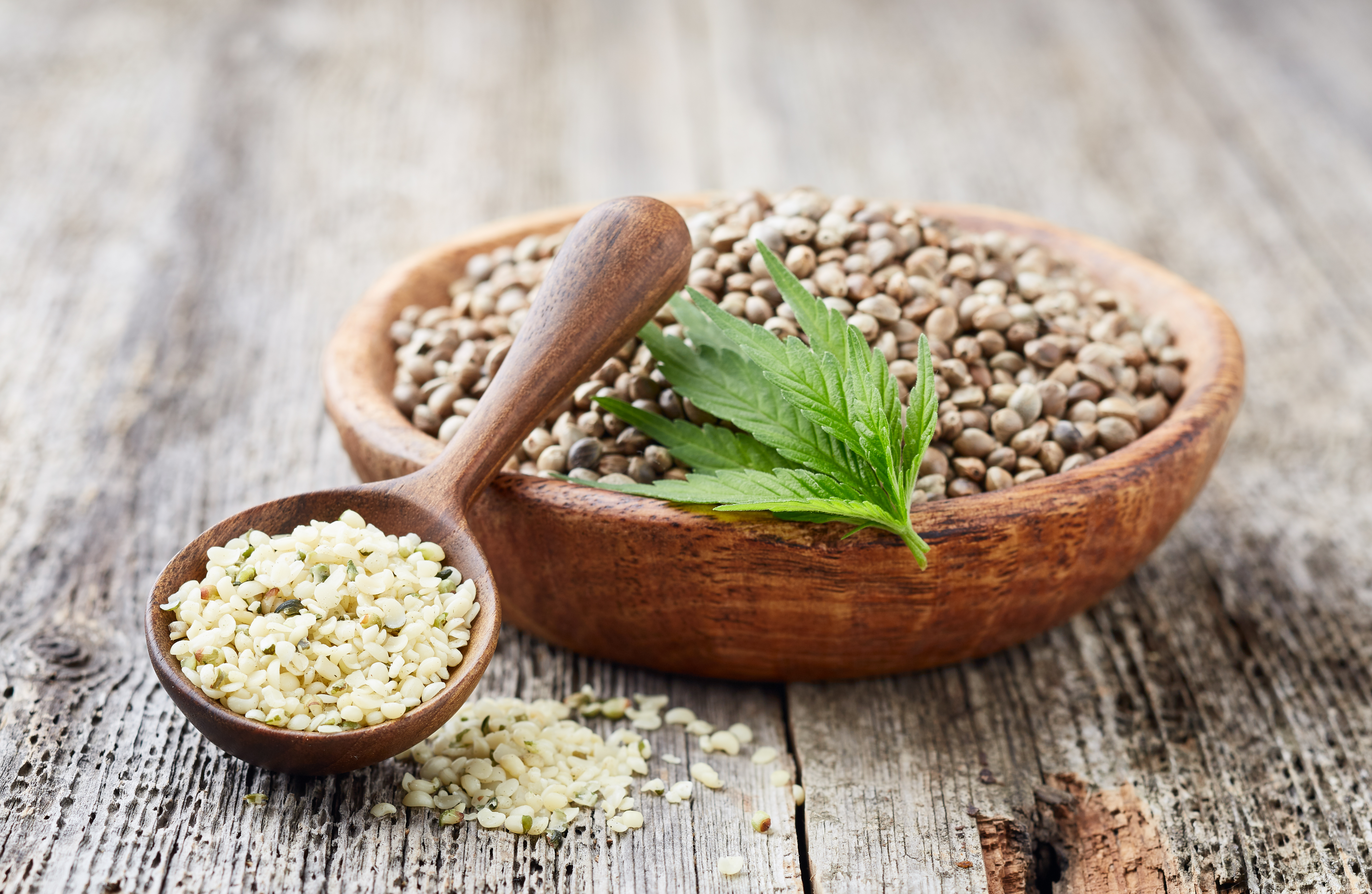
Hemp seeds, derived from the hemp plant, are a nutritional powerhouse that often flies under the radar. With approximately 10 grams of protein per 3-tablespoon serving, hemp seeds are a complete protein source, containing all nine essential amino acids. Their nutty flavor and crunchy texture make them a delightful addition to a variety of dishes, from salads and smoothies to yogurt and oatmeal. Beyond protein, hemp seeds are rich in healthy fats, particularly omega-3 and omega-6 fatty acids, which support heart health and reduce inflammation. They also contain a wealth of vitamins and minerals, including vitamin E, phosphorus, and potassium. Incorporating hemp seeds into your diet is an easy way to boost protein intake while enjoying the numerous health benefits they offer. As more people seek plant-based protein sources, hemp seeds continue to gain popularity as a versatile and nutrient-dense option.
8. Nutritional Yeast (4 g protein / tbsp)
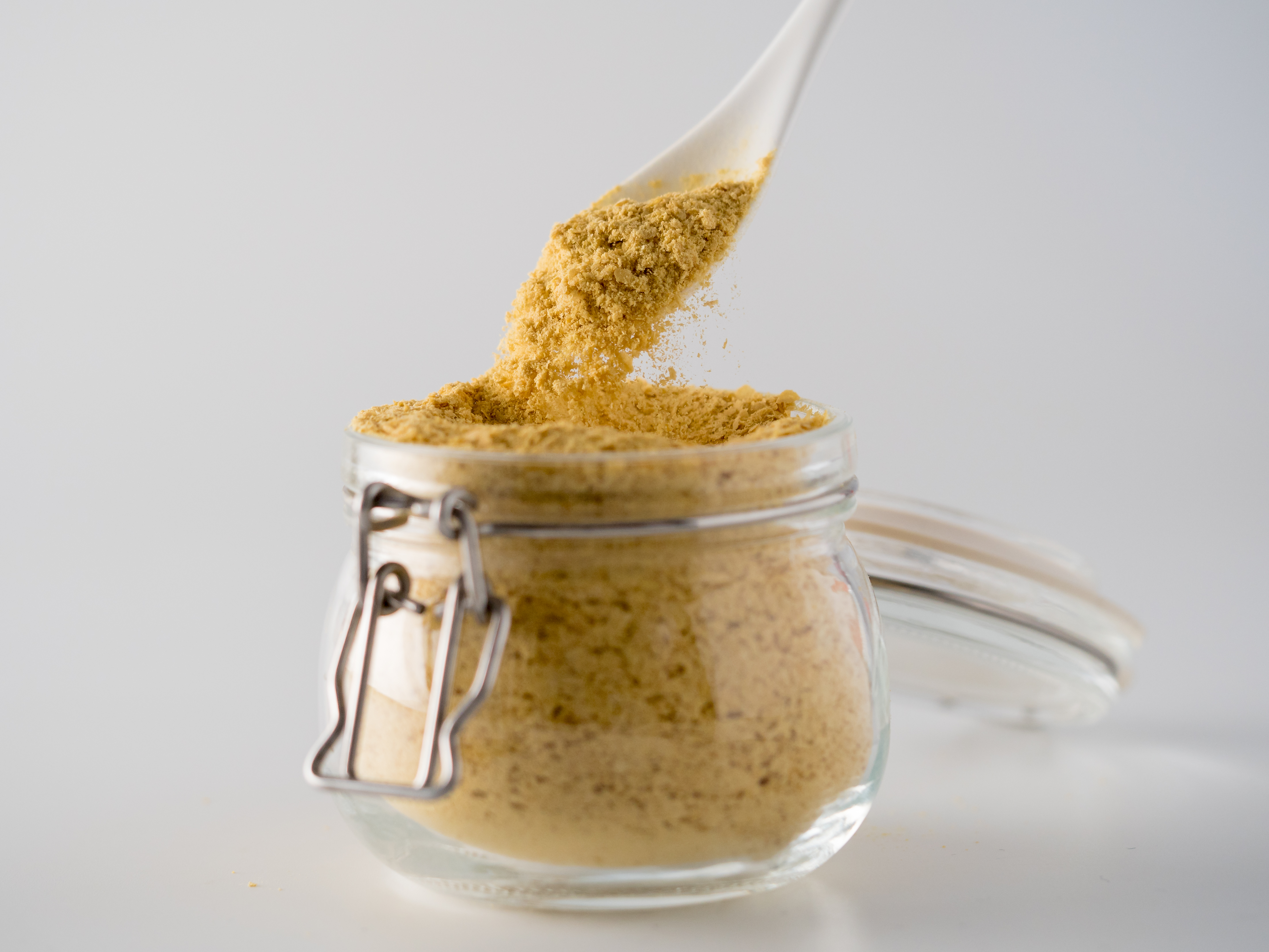
Nutritional yeast, affectionately known as "nooch," is a deactivated yeast that has become a beloved staple in the vegan and vegetarian communities. Known for its cheesy flavor and flaky texture, nutritional yeast is a surprising source of protein, with approximately 8 grams of protein per 2-tablespoon serving. It is also a complete protein, providing all essential amino acids. Beyond protein, nutritional yeast is fortified with B vitamins, including B12, which is often lacking in plant-based diets. Its versatility in the kitchen is unmatched, as it can be sprinkled on popcorn, pasta, and salads, or used to create creamy sauces and dips. Nutritional yeast's unique flavor and nutritional profile make it an excellent addition to any diet, offering a convenient way to boost protein intake while enjoying its savory taste. As more individuals explore plant-based eating, nutritional yeast continues to shine as a flavorful and nutritious option.
9. Black Beans (15 g protein / cup)
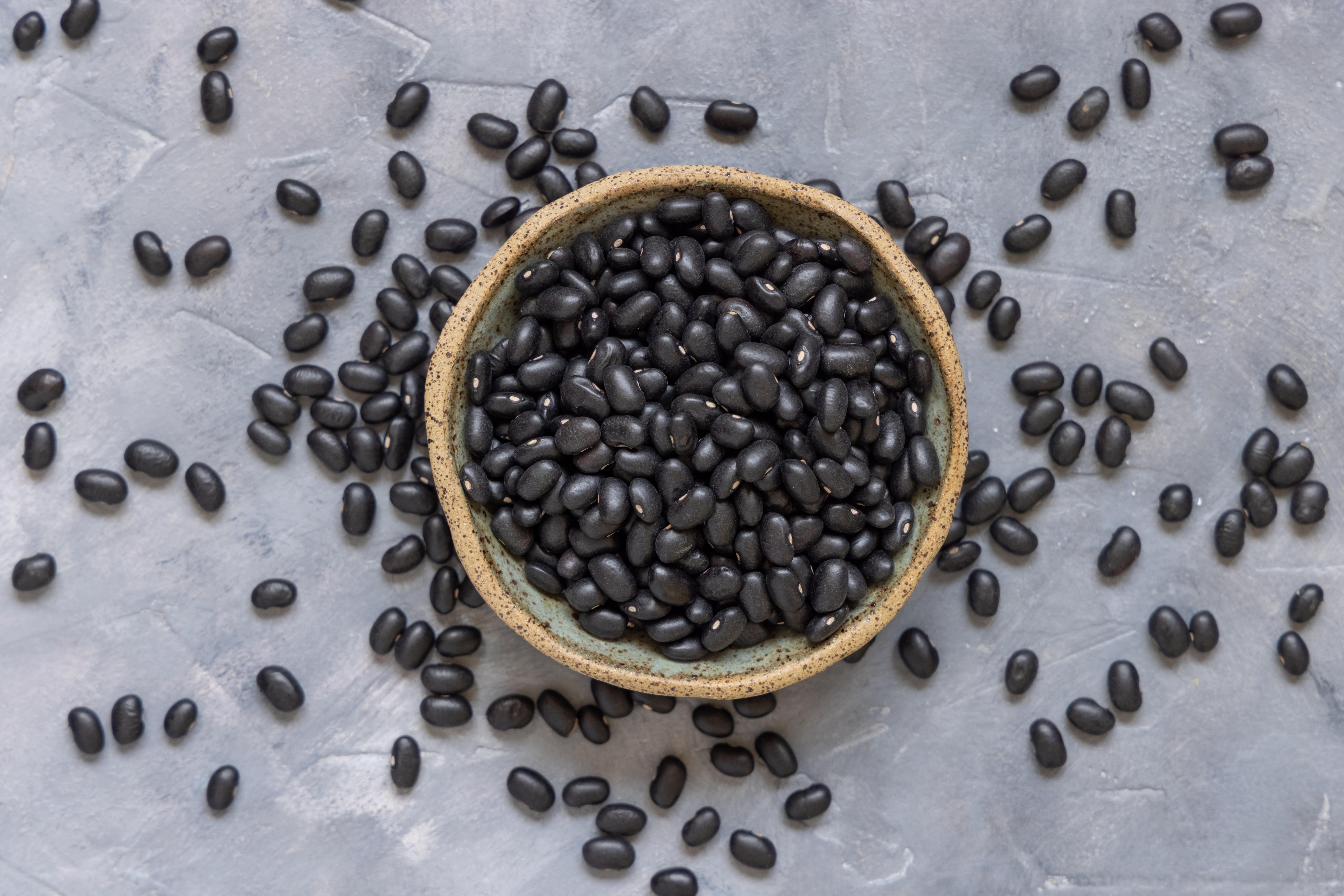
Black beans, a staple in Latin American cuisine, are celebrated for their rich flavor and impressive nutritional profile. With approximately 15 grams of protein per cooked cup, black beans are an excellent source of plant-based protein, making them a valuable addition to any diet. In addition to protein, black beans are rich in fiber, iron, and antioxidants, supporting heart health and reducing the risk of chronic diseases. Their versatility in the kitchen is unparalleled, as they can be used in a variety of dishes, from soups and stews to salads and tacos. Black beans also pair well with a range of spices and ingredients, allowing for endless culinary creativity. As more people seek sustainable and protein-rich food options, black beans continue to stand out as a delicious and nutritious choice that satisfies both taste and dietary needs.
10. Oats (6 g protein / cup)
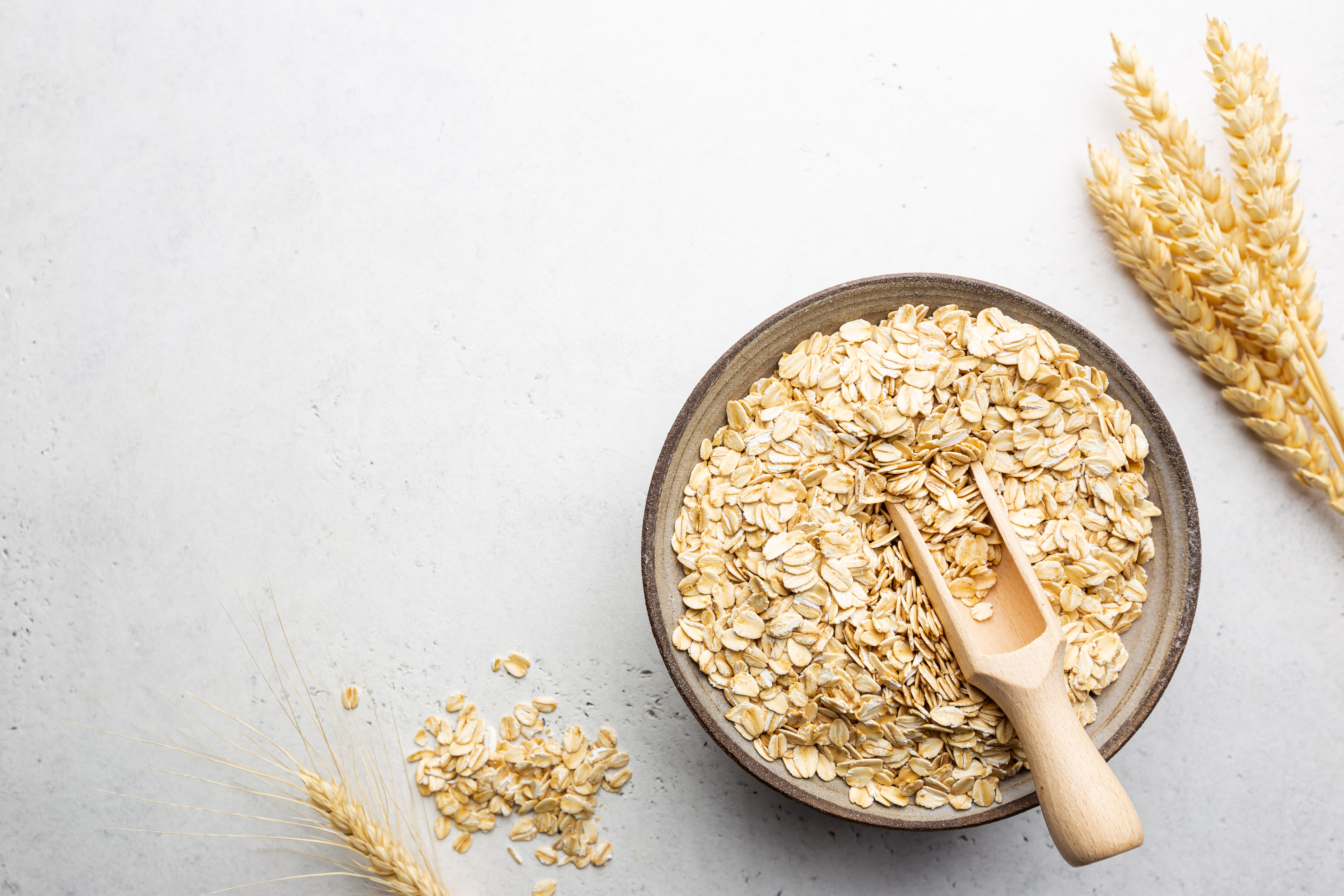
Oats, a beloved breakfast staple, are often praised for their fiber content, but they also offer a surprising amount of protein. With approximately 6 grams of protein per cooked cup, oats provide a hearty and nutritious start to the day. While not a complete protein on their own, oats can be paired with other protein-rich foods, such as nuts, seeds, or dairy, to create a balanced meal. Beyond protein, oats are rich in beta-glucan, a type of soluble fiber that supports heart health and aids in digestion. Their versatility extends beyond breakfast, as they can be used in baking, cooking, and even savory dishes. As more individuals seek nutrient-dense and protein-rich breakfast options, oats continue to shine as a wholesome and satisfying choice that supports overall health and well-being.
11. Peas (9 g protein / cup)
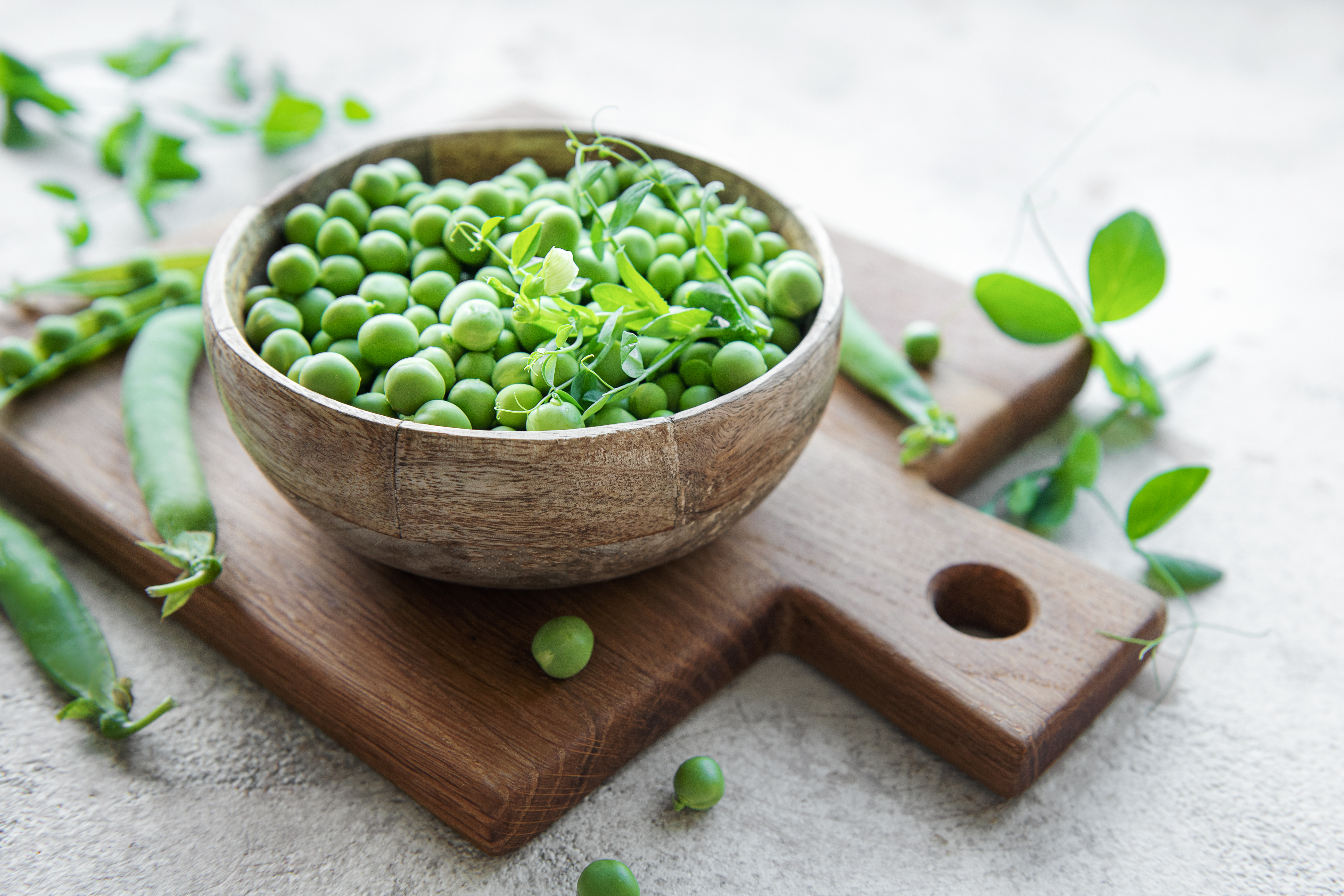
Peas, often overshadowed by other legumes, are a humble yet potent source of plant-based protein. With approximately 9 grams of protein per cooked cup, peas offer a valuable addition to any protein-rich diet. While not a complete protein on their own, peas can be combined with other protein sources, such as grains or nuts, to create a balanced meal. Beyond protein, peas are rich in fiber, vitamins, and minerals, including vitamin K, vitamin C, and manganese. Their sweet flavor and tender texture make them a versatile ingredient in a variety of dishes, from soups and stews to salads and stir-fries. As more people explore plant-based eating, peas continue to gain recognition as a nutritious and delicious option that supports both health and culinary creativity.
12. Pumpkin Seeds (7 g protein / ounce)
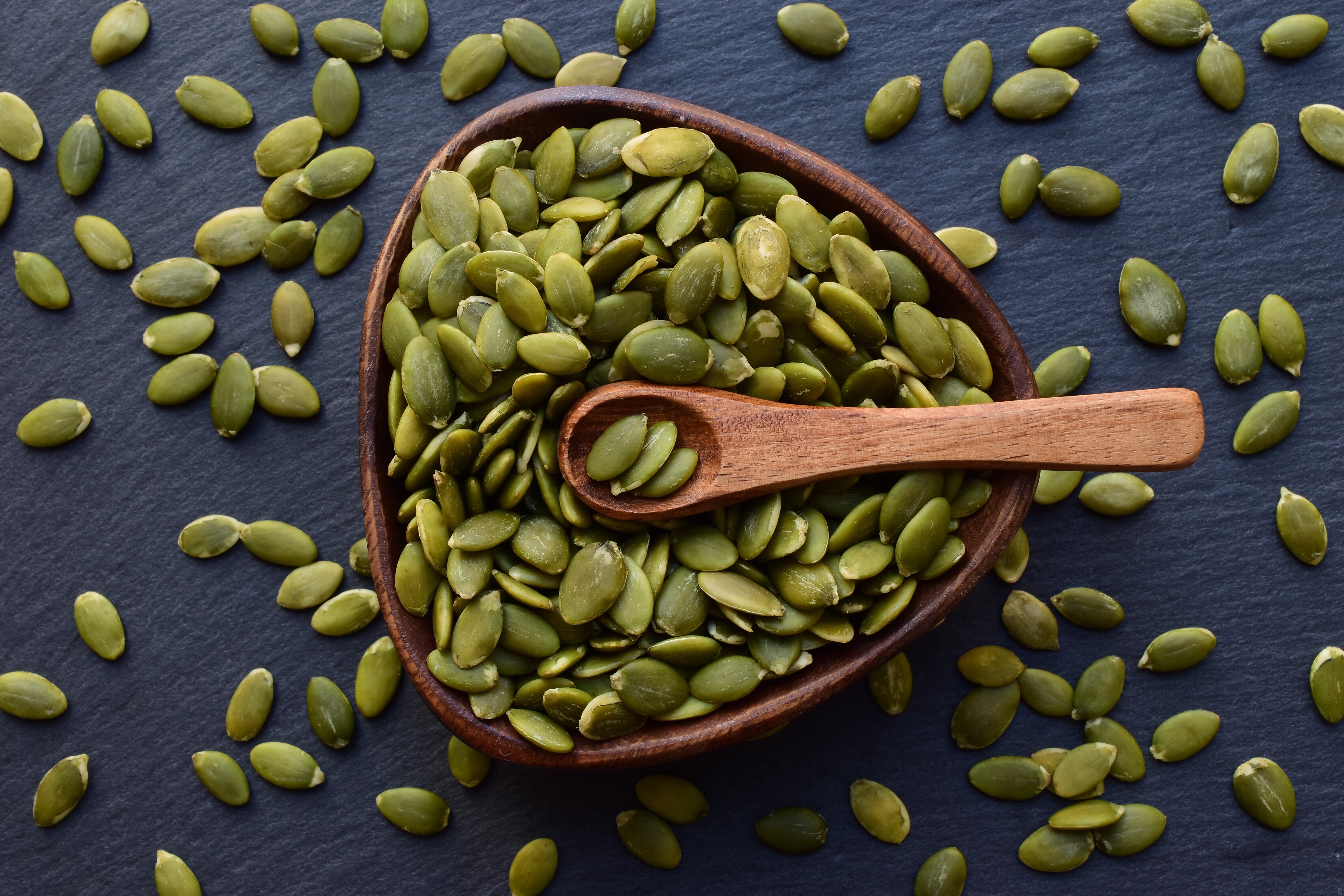
Pumpkin seeds, also known as pepitas, are a crunchy and nutrient-dense snack that offers a surprising amount of protein. With approximately 7 grams of protein per ounce, pumpkin seeds are a valuable addition to any protein-rich diet. While not a complete protein on their own, pumpkin seeds can be combined with other protein sources to create a balanced meal. Beyond protein, pumpkin seeds are rich in healthy fats, fiber, and a variety of vitamins and minerals, including magnesium, zinc, and iron. Their versatility extends beyond snacking, as they can be used in baking, cooking, and even as a topping for salads and soups. As more individuals seek nutrient-dense and protein-rich snacks, pumpkin seeds continue to shine as a delicious and nutritious choice that satisfies both taste and dietary needs.
Embracing the Unexpected in Nutrition
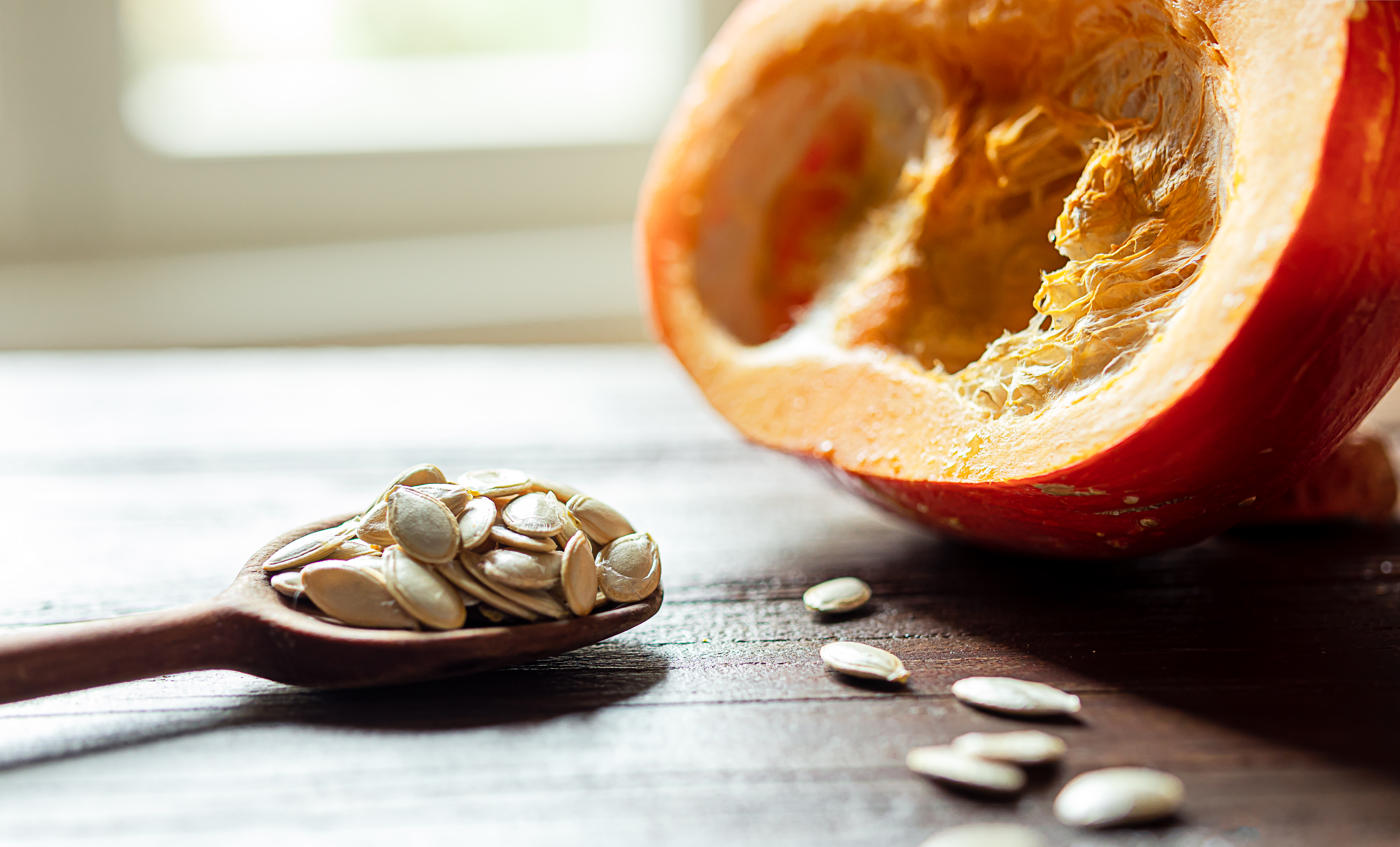
As we conclude our exploration of these surprising nutritional powerhouses, it becomes clear that the world of protein sources is far more diverse and exciting than we may have initially imagined. From ancient grains and humble legumes to algae and seeds, these unexpected foods offer a wealth of protein and other essential nutrients that can elevate our diets and expand our culinary horizons. By embracing these hidden gems, we not only enhance our nutritional intake but also support sustainable and diverse food systems. As we continue to redefine our understanding of dietary potency, let us remain open to discovering new and unexpected sources of nutrition that challenge our preconceived notions and inspire our culinary curiosity.